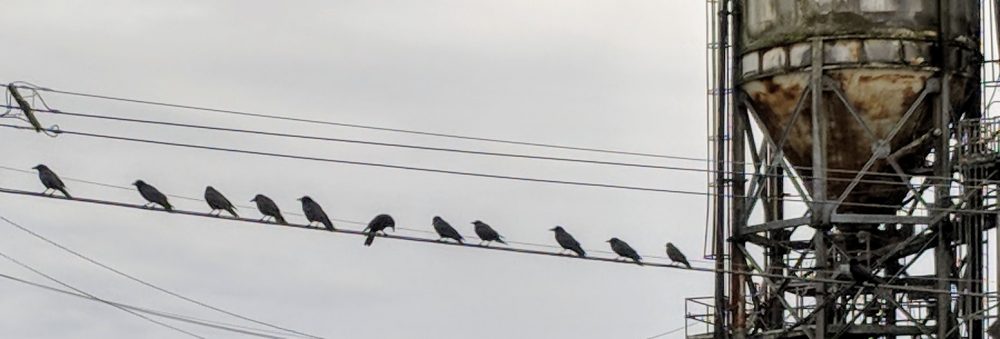Last Friday I was working my security job at the Issaquah Court house. I had a homeless guy in the lobby who was there to give a urine sample. He told me he had an instant container of Folgers coffee in his back pack and asked if it was okay to drink in the lobby. We get dozens of people a day that come in with coffee so of course it is okay. He made is coffee from the water fountain and I offered to stick in the microwave to warm it up. The cup was old and when he started to drink the cup was leaking. I went to our kitchen and I lent him one of the spare mugs (there were at least 50 in the cupboard). He was sitting in the lobby sipping the coffee waiting his turn to give his sample. While pointing to the homeless man the bail lift came up to me and asked, “Where did he get that cup while. I told him I lent it to him as his paper cup was leaking. The bail lift said to me, ” We do not lend cups to homeless people, he could use it has a weapon or he could have hepatitis! Go get it from him! I replied he is not going into the court room and I too could have hepatitis!
I got home from work and had an email from the security company that employed me saying, ” we need to re assign you.” I told them no thanks I am tired of getting in trouble for being nice.
I am thankful to be out of the court house I have more time to make art and I have taken up golf!
This is a bottle tree that a friend has been bugging me to make for 2 years!
Today’s Quote
“Some people are always grumbling because roses have thorns. I am thankful that thorns have roses.”
– Jean-Baptiste Alphonse Karr
About Jean-Baptiste Alphonse Karr
French author Jean-Baptiste Alphonse Karr is remembered primarily for his epigram “The more things change, the more they stay the same.” He is also known for his autobiographical romances, including the popular Genevieve. He was born in 1808 in Paris. As editor of Le Figaro and, later, Les Guepes, he became widely quoted for his sharp witticisms. An avid horticulturist, he named more than one new flower, and when he retired to Nice, he popularized the tradition of selling cut flowers. He died in 1890.

